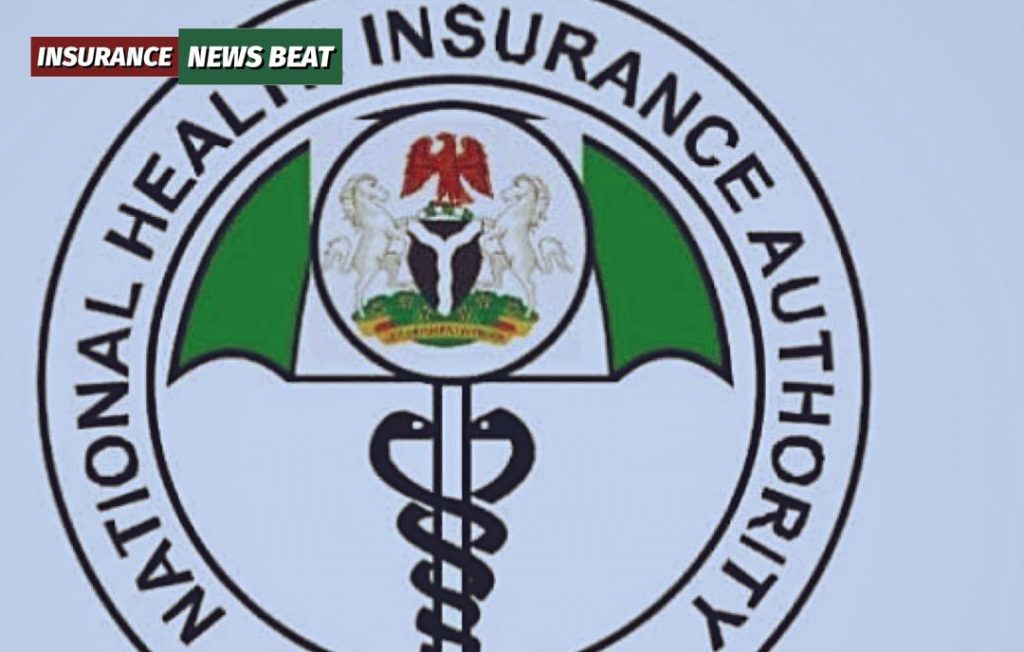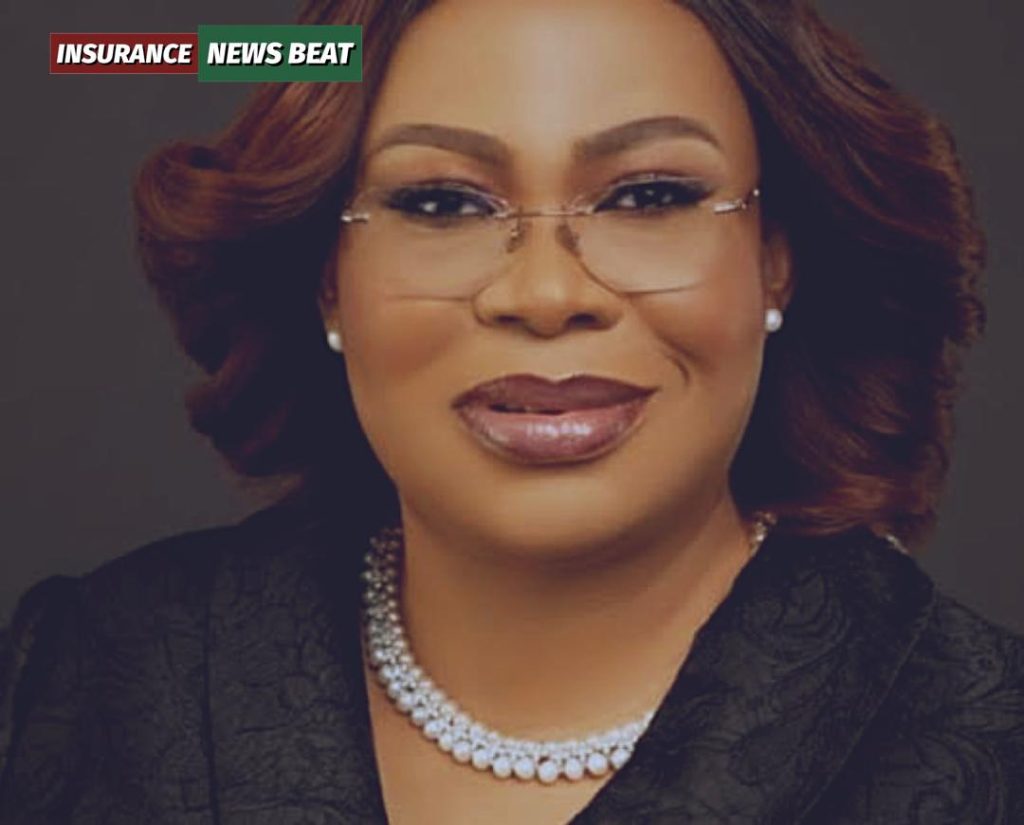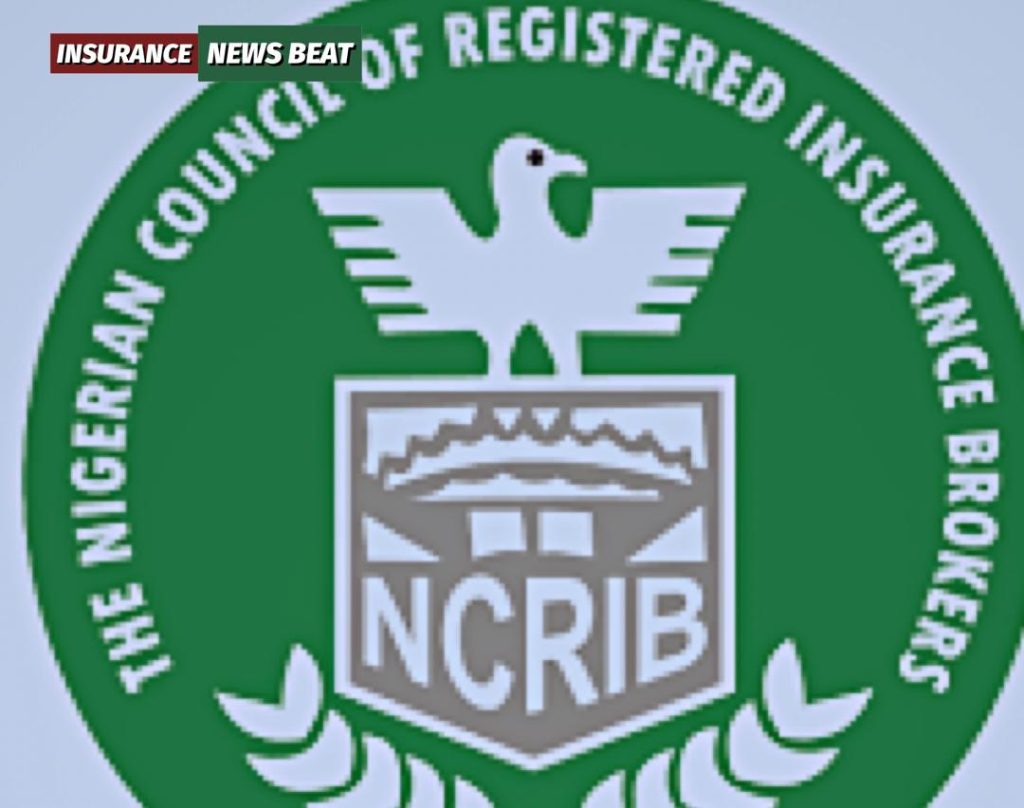The Association of Nigeria Private Medical Practitioners (ANPMP) has announced its withdrawal from the National Health Insurance Scheme (NHIS), citing rising treatment costs and the refusal of Health Maintenance Organisations (HMOs) to adjust existing tariff plans. Many private health providers have already exited the scheme, with more planning to follow suit.
According to ANPMP, the HMOs’ refusal to review tariffs despite escalating costs of treatment has led to the decision. The National Health Insurance Scheme Act of 1999, along with the new National Health Insurance Act (NHIA) 2022, governs the scheme, which operates through three entities: the National Health Insurance Authority (NHIA), HMOs, and Health Service Providers (HSPs). The NHIA regulates the scheme, while HMOs act as intermediaries between HSPs and the NHIS.
Also read Nigerian Insurers Association Opposes Proposed Capital Base Hike in Reform Insurance Bill
The conflict has put the health insurance coverage of approximately 14 million Nigerians at risk. ANPMP members have faced significant financial strain due to the stagnant tariffs, with some providers receiving as little as N750 for treatments that cost upwards of N8,500.
A medical director from Lagos, who wished to remain anonymous, detailed the financial challenges: “You can’t get a malaria test for less than N1,500 today. Including consultation, treatment, and other costs. Treatment of malaria costs between N7,500 and N15,000 at the very least. Yet, we are still being paid N750.”
Also read NAICOM Urges Insurance Practitioners to Rebrand Industry for Better Public Understanding
The tariffs for other medical procedures, such as caesarian sections and appendectomies, have also remained unchanged since the program’s inception in 2005, despite significant increases in the actual costs. A caesarian section, which used to be reimbursed at N55,000, now costs around N450,000 in major cities, while the reimbursement for an appendectomy remains N35,000 against an actual cost of N350,000.
In response to the financial pressures, some hospitals have begun referring NHIS patients to external laboratories and pharmacies for tests and medications, a practice not applied to private patients who can afford higher fees.
Also read Insurance Reform Bill Proposes Stiff Penalties for Unlicensed Operations
The ANPMP President, Dr. Kay Adesola, warned of a complete withdrawal from the NHIS by the end of August if the demands for a tariff increase are not met. He highlighted the NHIA’s failure to regulate the sector adequately, allowing HMOs to negotiate premiums that are insufficient to cover the costs of services rendered by providers. This has resulted in over N15 billion in unpaid claims trapped with HMOs.
“Energy bills alone account for more than 40 percent of hospitals’ overhead costs. While Nigerians are adapting to increased costs for everything else, hospitals are expected to charge less despite inflation,” Dr. Adesola stated.
The ongoing dispute and the potential mass exodus of private health providers from the NHIS could jeopardize the health coverage of millions, making it imperative for the NHIA and HMOs to address the concerns raised by ANPMP.




